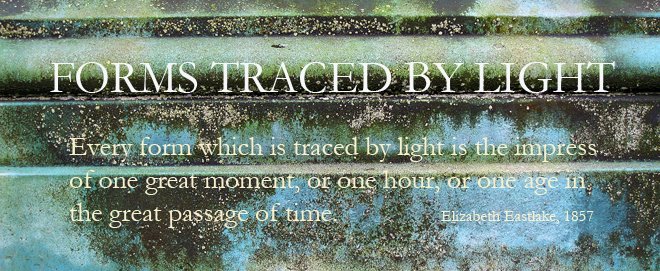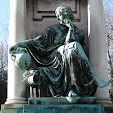 In our Changing Britain class today, we were discussing Icons of Englishness - and the class members brought in some perfect examples, from Doctor Who to pictures of Lifeguards (those guys outside Buckingham Palace, not things to chew), from Princess Di to the sleeve of Abbey Road, from the reconstructed Globe Theater through the Houses of Parliament to a tea bag. I didn't even need to go to my emergency stash of YouTube recordings of "Land of Hope and Glory"... (though I did use John Agard's "Alternative Anthem," when we were on the topic of tea and kettles).
In our Changing Britain class today, we were discussing Icons of Englishness - and the class members brought in some perfect examples, from Doctor Who to pictures of Lifeguards (those guys outside Buckingham Palace, not things to chew), from Princess Di to the sleeve of Abbey Road, from the reconstructed Globe Theater through the Houses of Parliament to a tea bag. I didn't even need to go to my emergency stash of YouTube recordings of "Land of Hope and Glory"... (though I did use John Agard's "Alternative Anthem," when we were on the topic of tea and kettles).Coming back here this evening, though, I thought how very little there is around me that represents Englishness in any obvious way. I don't mean in my literary choices, or even in the presence of Victorian paintings - but stuff that's truly representative of - well, Englishness (which raises the question about whether or not tourists are more likely to be drawn to stereotypes of a country or region than people who live there...). The nearest I could find were my Staffordshire figures, made in the English Midlands in the mid C19th, and including this piece of exoticism, a zebra. He probably references circuses and traveling menageries from the time (indeed, I did once hear a very specialist paper on Staffordshire Zebras when at a conference in Grahamstown, South Africa, which, so far as I remember, tied them in to Hard Times). And I know that the zebra must date from post 1850, because (a quick bit of on-line research tells me), before that date, potters used a mold of a horse, including the horse mane, and painted it with black and white stripes; post 1850, a more anatomically correct mold was used (hmmm - maybe this is a hybrid? if I were showing you more than the hindquarters, you'd see he has a zebra head and stiff standing up mane, but this looks like a horse tail, to me). But I think that the very idea of zebras in mid C19th English pottery (and, indeed, possessing an antique china one) happily references something that our discussion of English characteristics took us towards today - a kind of national pride in the quirky and eccentric.


No comments:
Post a Comment